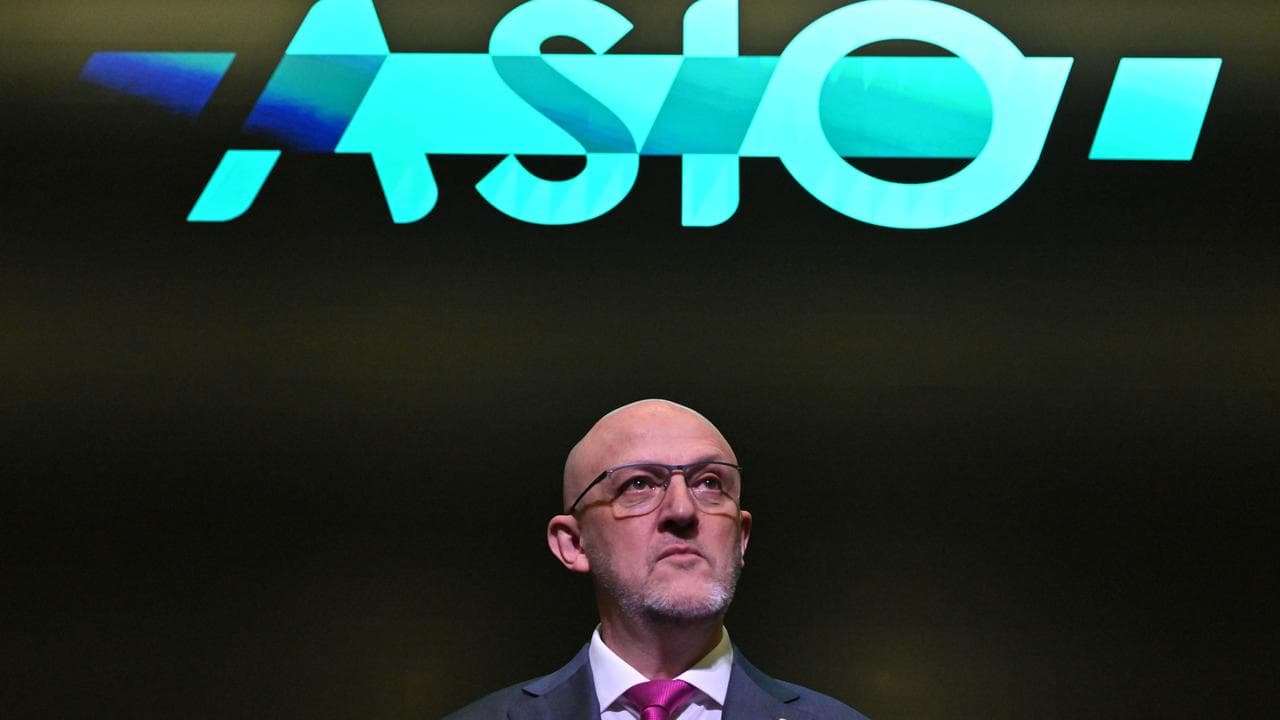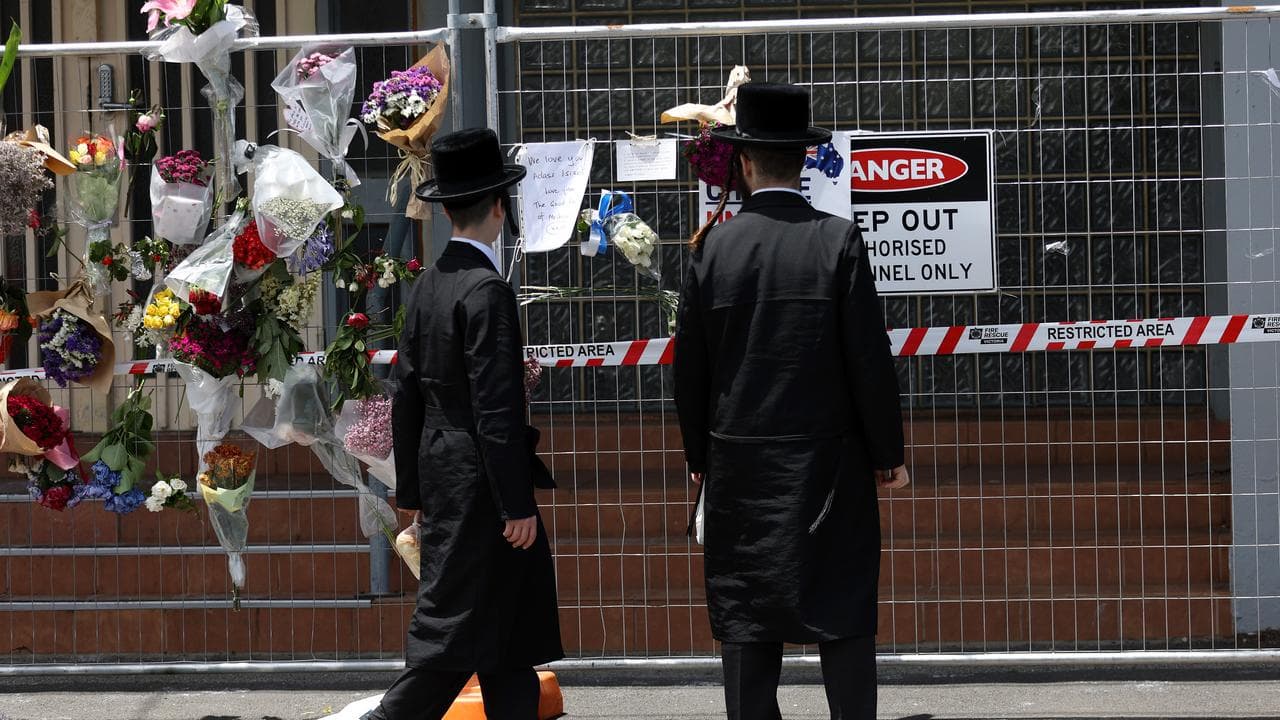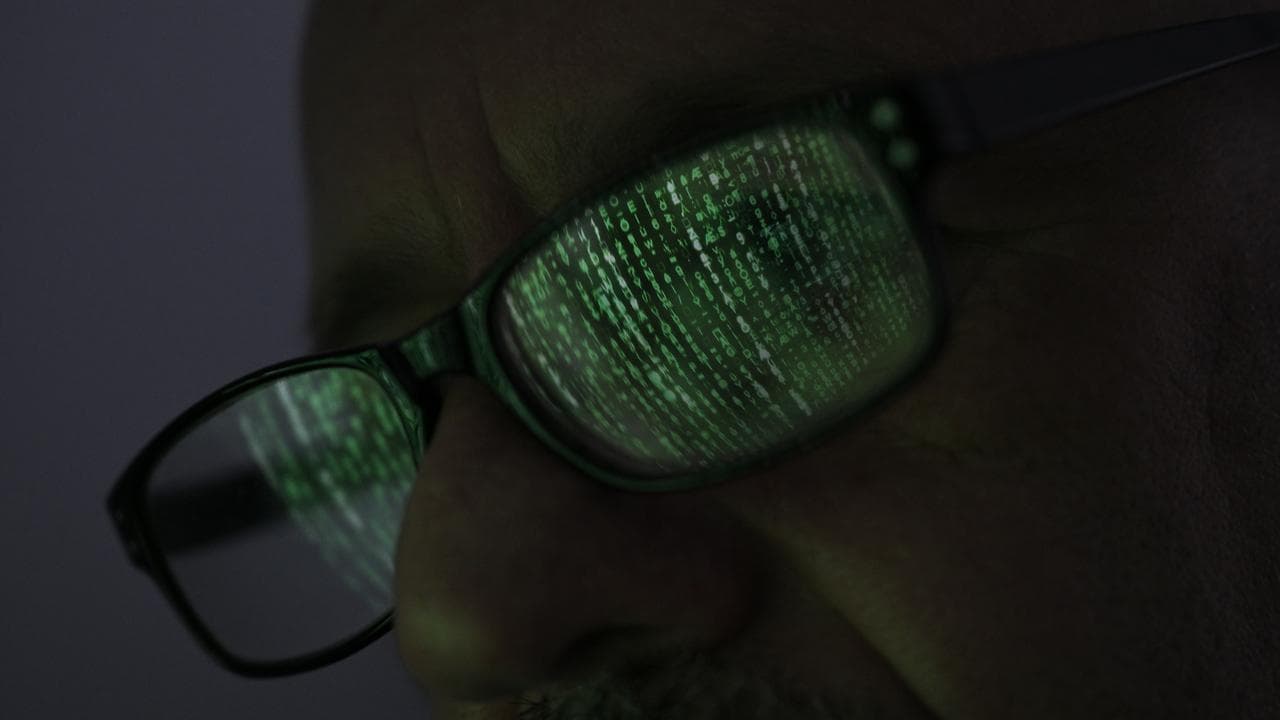
Anti-Semitic attacks have become the domestic and national security intelligence agency's "number one priority" for threats to life, prompting concerns a "hierarchy of hate" is being created in Australia.
Speaking after handing down his annual threat assessment earlier this week, ASIO Director-General Mike Burgess said both Islamophobia and anti-Semitism were wrong and had no place in Australia, but the agency was investigating the latter more.
"It's clear that actually right now, we are seeing way more anti-Semitism in terms of significant incidents," he told ABC's RN on Friday.
"On the threat to life, our number one priority now is investigating anti-Semitic acts in this country."

Australia Palestine Advocacy Network President Nasser Mashni said he was horrified by the increase in cases of anti-Palestinian racism, and did not subscribe to the "binary of Islamophobia and anti-Semitism".
"As a community we believe that all hate is despicable, unacceptable and ought to be condemned equally," he told AAP.
"Creating this hierarchy of hate, which our ASIO director contributed to, (places) anti-Semitism higher than Islamophobia.
"When individual communities are elevated above the other, it diminishes the capacity for that other community to feel like they are equal, or that they belong."
Mr Mashni said there shouldn't be special envoy roles for either Islamophobia or anti-Semitism, rather a well resourced and funded Human Rights Commission that looks at all forms of hate.
Two Muslim women, wearing hijabs, were physically attacked at the Pacific Epping shopping centre in Melbourne last week.
The nation has also experienced escalating anti-Semitic attacks since December, with a Melbourne synagogue firebombed, homes and cars vandalised, and Jewish cultural institutions targeted.
Australia/Israel and Jewish Affairs Council Executive Director Colin Rubenstein described Mr Burgess’ comments as "correct and appropriate".
"The Australian Jewish community has been facing the threat of deadly violence, and is not expecting this threat to end anytime soon," he told AAP.
"We hope for and expect maximum efforts by political leaders, cultural and social influencers, and the many members of the Australian public who care about preserving our multicultural success story to confront this hatred head on."

Mr Burgess said if certain behaviours were left unchecked, they became reinforced and gave others permission to do the same.
"We've got to have a hard response so people know those behaviours, which don't represent the country, are unacceptable in our country and will not be tolerated," he said.
The Albanese government has faced increasing criticism over its handling of anti-Semitism, with the coalition accusing Anthony Albanese of weak leadership.
Last July, the government appointed Jillian Segal as special envoy to combat anti-Semitism, before announcing Aftab Malik as special envoy to combat Islamophobia a couple of months later in September.
Mr Burgess urged restraint when discussing the attacks and broader issues, vowing police would get to the bottom of the incidents.
"The police are doing a fantastic job, and personally - not that what I want matters here - but I wish people would just let the police do their job and stop commentating from the sides," he said.




